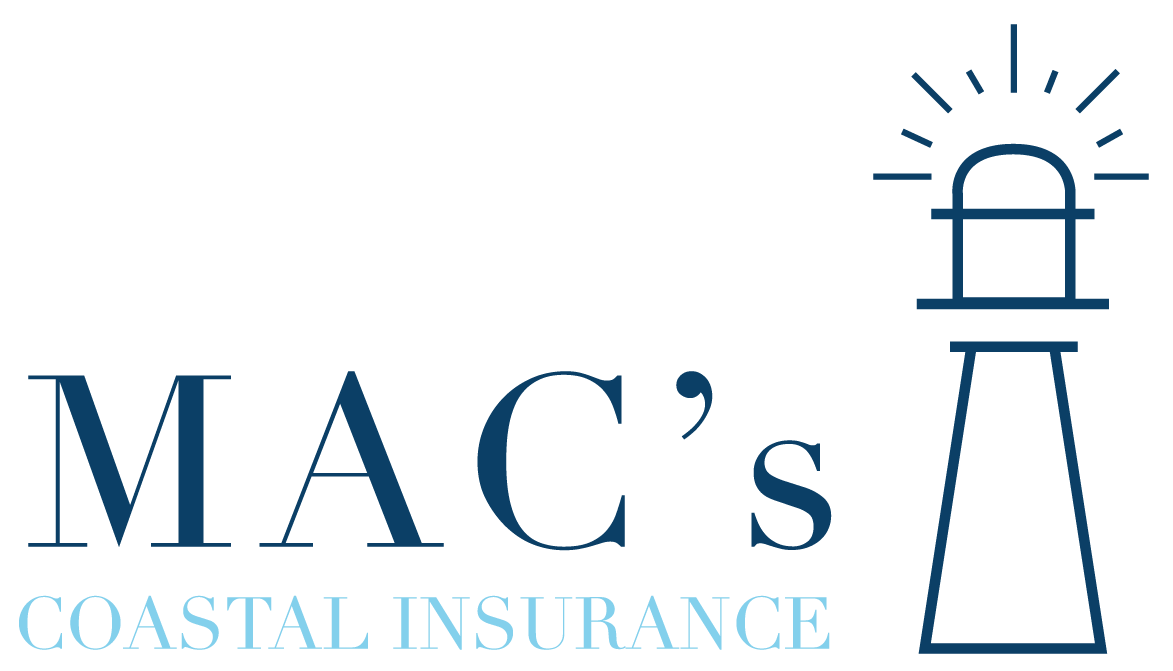Small businesses should consider obtaining liability insurance as soon as they begin operations. It is better to obtain insurance before exposure to potential risks that could lead to lawsuits or financial losses. Liability insurance protects businesses from various legal and financial challenges by covering the costs associated with third-party claims. Here are some situations in which a small business should strongly consider liability insurance:
- Start of Operations:
• As soon as a business starts operating, it becomes exposed to potential liabilities. Liability insurance can provide protection from claims related to bodily injury, property damage, or other liabilities arising from business activities.
- Interactions with Clients and Customers:
• If your business interacts with clients, customers, or the general public, there is a risk of facing liability claims. Liability insurance can cover legal expenses, settlements, or judgments related to claims of bodily injury, property damage, or personal injury.
- Contractual Requirements:
• Some contracts with clients, landlords, or vendors may require a business to have liability insurance. Meeting these contractual obligations is crucial to maintain business relationships and to ensure compliance.
- Professional Services:
• Businesses that provide professional services, such as consultants, accountants, or architects, may benefit from professional liability insurance (errors and omissions insurance). This coverage protects against claims of professional negligence or mistakes in services provided.
- Product Liability:
• If your business manufactures, sells, or distributes products, there is a risk of facing product liability claims in the event that a product causes harm or injury. Product liability insurance can provide protection in such cases.
- Property Ownership:
• If the business owns or leases property, general liability insurance provides coverage for claims related to property damage, such as slip-and-fall accidents on the premises.
- Advertising and Marketing:
• Businesses engaged in advertising, marketing, or promotions may benefit from advertising liability coverage. This protects against claims of libel, slander, or copyright infringement related to advertising activities.
- Employee Relations:
• Employment practices liability insurance (EPLI) can protect businesses against claims related to employment practices, such as wrongful termination, discrimination, or harassment.
- Cyber Liability:
• With the increasing threat of cyber-attacks and data breaches, businesses that collect and store sensitive information should consider cyber liability insurance. This type of liability coverage will cover the costs of responding to a data breach and potential legal liabilities.
Liability insurance is an essential component of a comprehensive risk management strategy for small businesses. It helps protect the financial stability of the business and the owners in the face of unexpected events and legal challenges. The specific types and amounts of liability coverage needed may vary based on the nature of the business and its specific risks, so consulting with an insurance professional is recommended.
